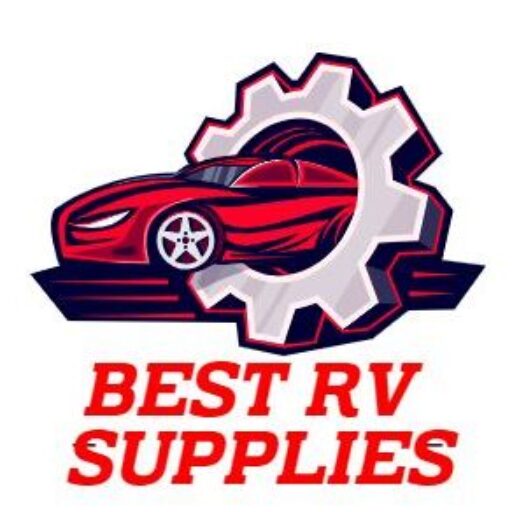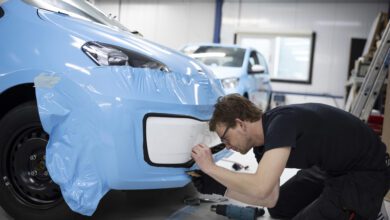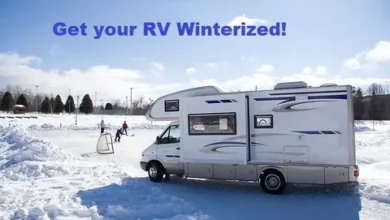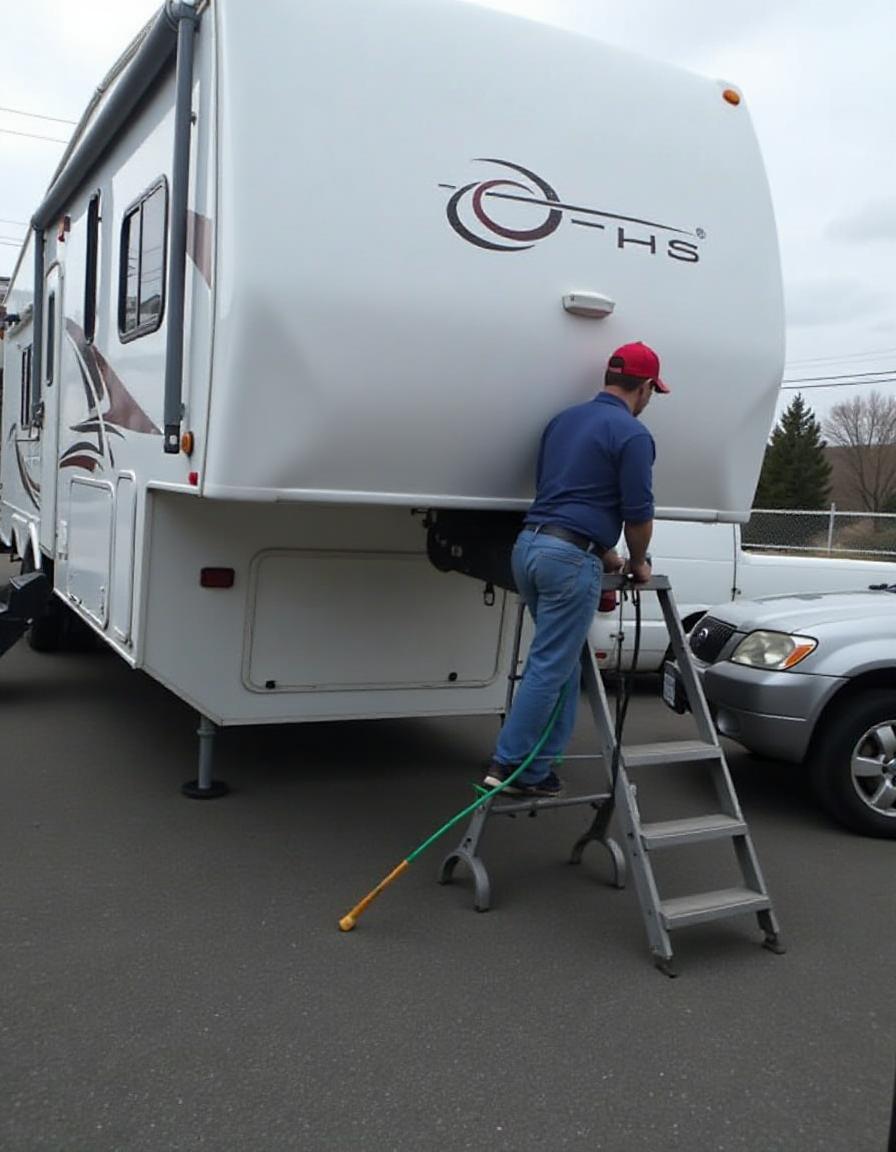Ultimate Guide to RV Maintenance: Keep Your RV in Top Shape

Table of Contents
Introduction
Owning an RV offers the freedom to explore the open road, but with that freedom comes the responsibility of regular RV maintenance. Keeping up with routine maintenance not only ensures that your RV stays in great condition, but it also plays a vital role in your safety and the longevity of your vehicle. Whether you’re a weekend warrior or a full-time traveler, neglecting basic RV upkeep can lead to costly repairs, breakdowns, or even cut your adventure short.
Proper RV maintenance helps you avoid unexpected issues and keeps your travel experience smooth and stress-free. By taking the time to care for both the exterior and interior systems of your RV, you’ll ensure it performs efficiently, lasts longer, and maintains its value. From checking tire pressure to inspecting seals, every small maintenance task adds up to a big payoff in the long run.
In this guide, we’ll walk you through everything you need to know about RV maintenance, so you can enjoy peace of mind on every journey.
Interior RV Maintenance Tips
Properly maintaining the interior of your RV is essential for comfort and functionality. Neglecting the plumbing, appliances, and ventilation systems can lead to costly repairs and decreased efficiency. Here’s how you can keep the interior of your RV in top shape:
Maintaining RV Plumbing Systems
- Regular inspections: Check for leaks, especially around faucets and connections.
- Drain and flush: Regularly flush the water system to prevent buildup.
- Use RV-specific products: Use RV-friendly toilet paper and cleaning products to avoid clogging.
- Monitor water pressure: Install a water pressure regulator to prevent damage to pipes.
Plumbing Task | Frequency |
Inspect for leaks | Monthly |
Flush water system | Every 2-3 months |
Check water pump | Yearly |
Use water pressure regulator | Ongoing |
Checking and Cleaning RV Appliances
- Fridge maintenance: Defrost and clean the refrigerator regularly to maintain efficiency.
- Stove and oven: Clean burners and check for gas leaks or unusual smells.
- Air conditioning: Clean filters and vents to ensure proper airflow.
- Heating system: Test before each trip, and keep vents clear of dust and debris.
Appliance Task | Frequency |
Defrost refrigerator | Monthly |
Clean stove burners | After every use |
Check heating and AC filters | Every 3 months |
Inspect for gas leaks | Before each trip |
Inspecting Ventilation and Windows
- Clean window seals: Keep seals clean to prevent mold and maintain good insulation.
- Inspect window latches: Ensure latches are secure to avoid drafts or leaks.
- Ventilation system: Clean vents and fans to promote airflow and avoid moisture buildup.
- Check for leaks: Inspect roof vents and windows for any water intrusion points.
Ventilation and Windows Task | Frequency |
Clean window seals | Monthly |
Inspect roof and window vents | Before each trip |
Test fan operation | Every 6 months |
Check for water leaks | Before and after every trip |
Electrical System Maintenance
Maintaining your RV’s electrical system is crucial for a safe and reliable trip. Regular checks of the batteries, lights, and power connections help avoid power failures or other issues while you’re on the road.
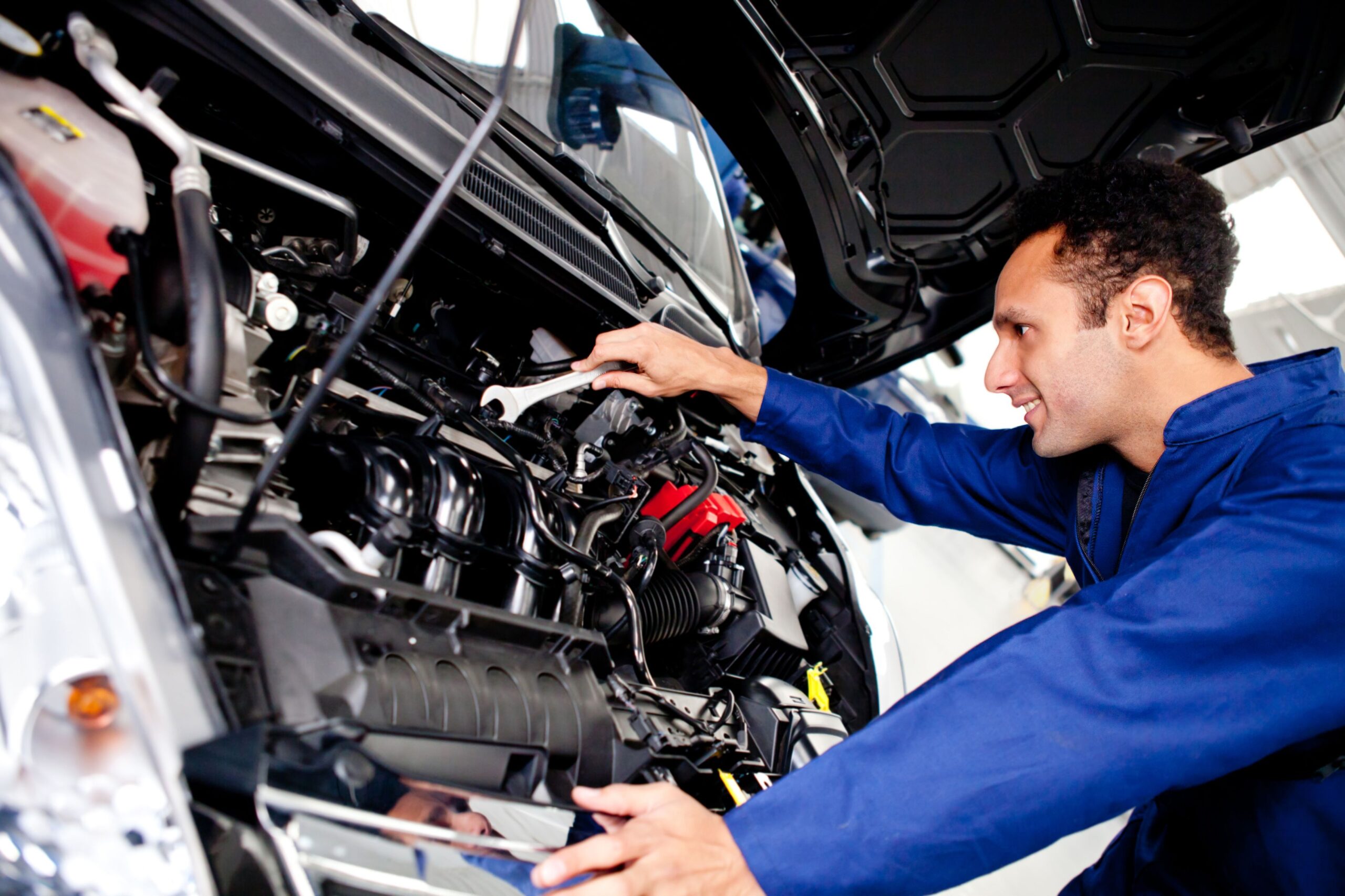
Battery Care and Maintenance
- Check battery charge: Test battery voltage regularly, especially before trips.
- Clean terminals: Keep battery terminals clean to prevent corrosion and ensure proper electrical flow.
- Add distilled water: For lead-acid batteries, check water levels and top off with distilled water as needed.
- Store batteries properly: During off-season, disconnect and store batteries in a cool, dry place.
Battery Task | Frequency |
Test battery voltage | Monthly |
Clean battery terminals | Every 3 months |
Check water levels (lead-acid) | Every 3 months |
Disconnect for storage | During off-season |
Inspecting RV Electrical Connections
- Check wiring: Inspect all visible wiring for signs of wear or fraying.
- Test outlets: Regularly test outlets to ensure they are working correctly.
- Inspect lights: Check that all interior and exterior lights, including signal and brake lights, are functional.
- Monitor power usage: Be mindful of how much power you’re using, especially when connected to shore power, to avoid overloading circuits.
Electrical System Task | Frequency |
Inspect visible wiring | Every 6 months |
Test interior and exterior lights | Before each trip |
Test outlets | Every 3 months |
Monitor power consumption | Ongoing |
RV Generator Maintenance
A well-maintained generator ensures you have reliable power for all your RV needs, especially when you’re off the grid. Proper care can extend its lifespan and improve efficiency.
When to Change the Generator Oil
- Follow the manufacturer’s guidelines: Typically, the first oil change should be done after 20-30 hours of use, and then every 100 hours or once a year.
- Check oil levels regularly: Low oil levels can damage the generator.
- Use the right oil: Always use oil recommended by the manufacturer, usually a high-quality synthetic oil.
Oil Change Task | Frequency |
First oil change | After 20-30 hours of use |
Regular oil change | Every 100 hours or annually |
Check oil levels | Before each trip |
Cleaning and Inspecting the Generator
- Inspect air filters: Clean or replace air filters regularly to maintain airflow and engine efficiency.
- Remove dirt and debris: Wipe down the generator to remove dust, dirt, and other particles that could cause overheating.
- Test the generator: Run the generator for 30 minutes every month to ensure it remains in good working condition.
- Check fuel levels: Stale fuel can damage the generator, so use fresh fuel and a stabilizer if the generator sits for a long time.
Generator Task | Frequency |
Clean or replace air filters | Every 100 hours or annually |
Run the generator | Once a month |
Check fuel and add stabilizer | Before storage |
Inspect for debris | Before each use |
Read Also : The Essential Guide to RV Cleaner: Keeping Your RV Spotless : : How to Use RV Roof Cleaner?
Seasonal RV Maintenance Checklist
Proper seasonal maintenance ensures that your RV stays in peak condition throughout the year, protecting it from the elements and ensuring everything works properly.
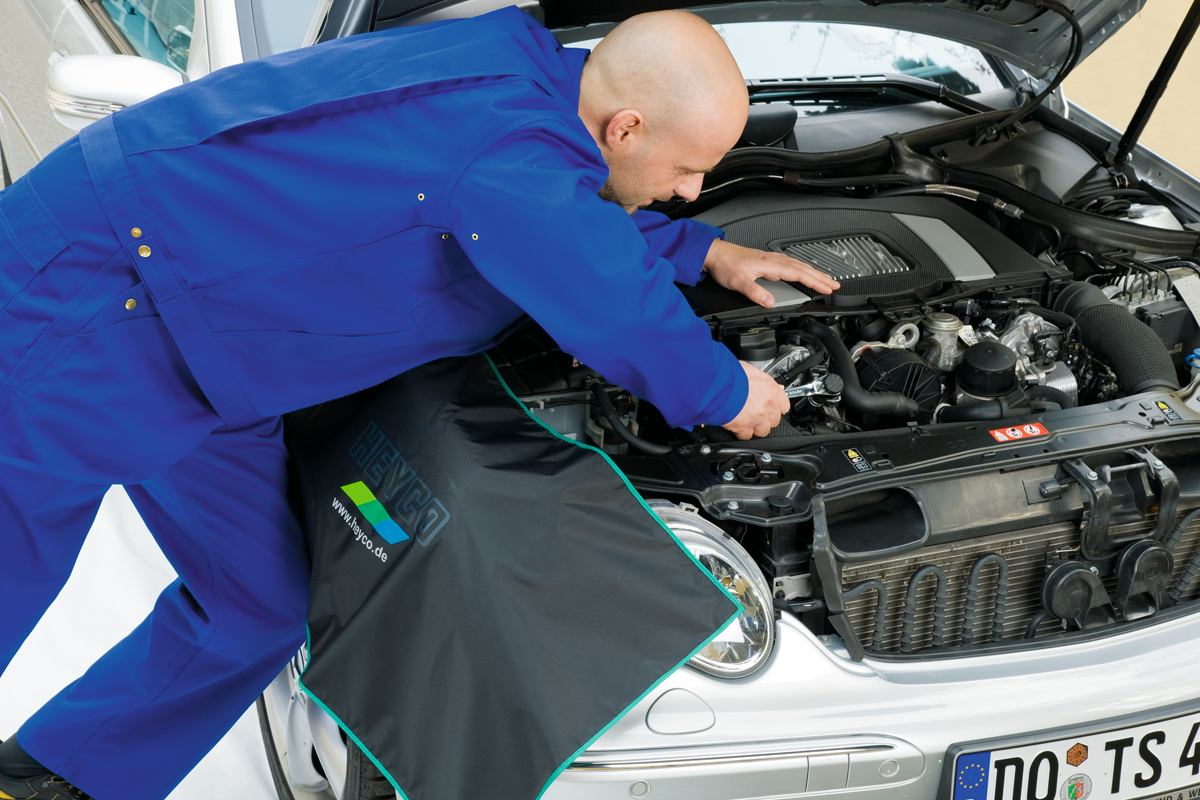
Pre-Trip RV Inspection Checklist
- Check tire pressure and condition: Ensure tires are inflated to the correct pressure and inspect for cracks or wear.
- Inspect all seals: Look for cracks or leaks around windows, doors, and roof seals.
- Test the brakes: Check brake pads and ensure braking systems are functioning properly.
- Inspect safety equipment: Test smoke detectors, carbon monoxide detectors, and fire extinguishers.
- Check fluid levels: Inspect engine oil, transmission fluid, brake fluid, and coolant levels.
Pre-Trip Task | Frequency |
Check tire pressure | Before each trip |
Inspect seals | Before each trip |
Test brakes | Monthly or before each trip |
Inspect safety equipment | Every 3 months |
Check fluid levels | Before each trip |
Winterizing Your RV for Storage
- Drain all water systems: Prevent freezing by draining water tanks, water lines, and the water heater.
- Add antifreeze: Pour RV-safe antifreeze into water lines to protect from freezing temperatures.
- Remove perishables: Empty the fridge and pantry of any food to avoid spoilage or pests.
- Disconnect the battery: To prevent battery drain, disconnect and store it in a cool, dry place.
- Cover the RV: Use a breathable RV cover to protect it from snow, rain, and UV damage.
| Winterization Task | Frequency |
| Drain water systems | Before storage |
Add antifreeze | Before storage |
Remove perishables | Before storage |
Disconnect the battery | Before storage |
Cover the RV | Before storage |
Common RV Maintenance Mistakes to Avoid
Avoiding common mistakes can save you from expensive repairs and ensure your RV remains in good condition.
- Neglecting tire pressure: Failing to check tire pressure can lead to blowouts or uneven tire wear.
- Ignoring roof seals: Not inspecting roof seals for cracks can lead to water damage and leaks.
- Skipping regular oil changes: Dirty oil can damage your engine and reduce the lifespan of your generator.
- Overloading circuits: Plugging in too many appliances can cause electrical issues or tripped breakers.
- Not cleaning the water system: Failure to clean the water system regularly can lead to bacteria buildup or unpleasant odors.
By avoiding these mistakes, you can extend the life of your RV and save on repair costs.
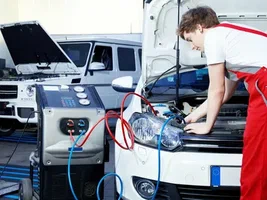
Conclusion
Regular RV maintenance is the key to enjoying safe and worry-free travels. Whether it’s routine checks before a trip or seasonal preparations, staying on top of maintenance ensures your RV remains reliable and comfortable for years to come. By investing time in maintaining your RV, you’ll not only prevent costly repairs but also increase the longevity and resale value of your vehicle.
